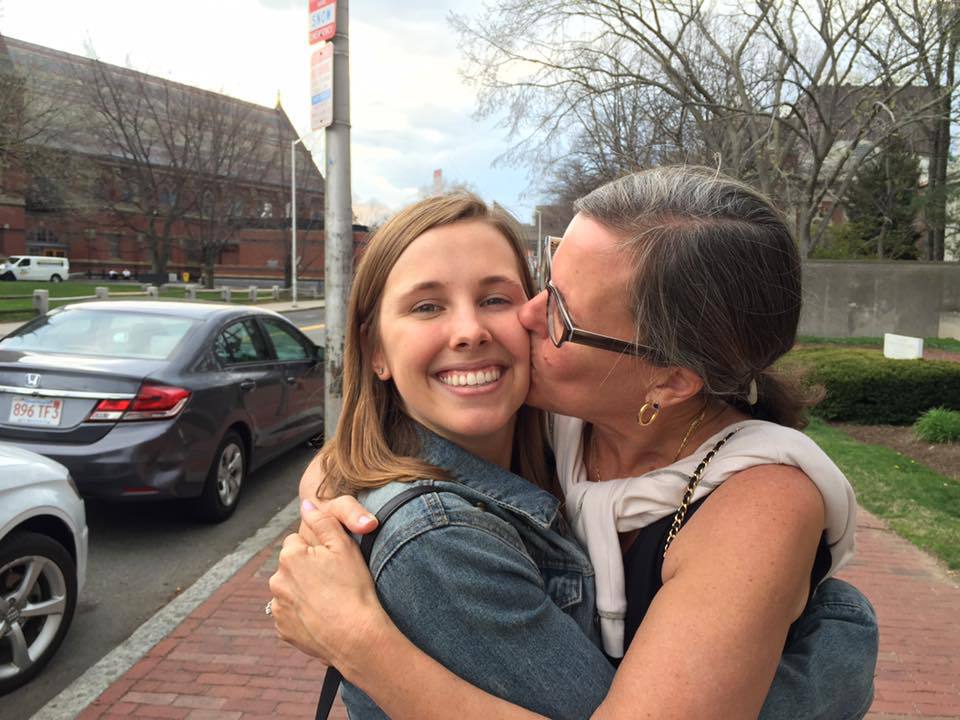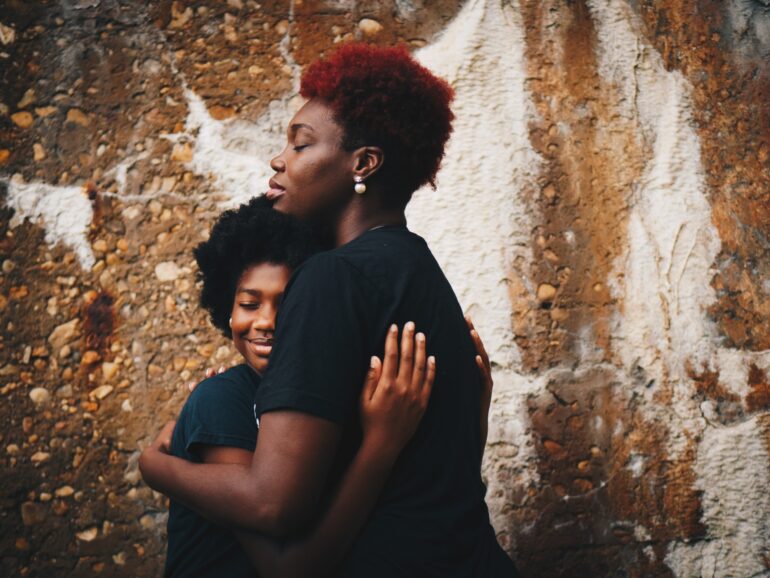More than 700,000 people die by suicide every year, and many more attempt to take their own lives. Suicide is the fourth leading cause of death amongst 15 to 19-year-olds, and the pandemic has only exacerbated mental health conditions — spurring a staggering 25% increase in anxiety and depression, according to a new brief by the World Health Organization. Please know that you are never alone. The all-too-frequent deaths by suicide of public figures like Stanford soccer team captain Katie Meyer, as well as members of our communities across the U.S., mean most Americans have been impacted in some way by suicide. This ongoing upswing serves as a tragic, crucial reminder that we need to keep talking about about suicide prevention and awareness.
Take some time to take stock of your own mental well being, and that of those around you. Here are a few ways to do so, according to health experts, and those who have struggled themselves.
My Daughter’s Life Looks Practically Perfect But Her First-Person Essays Reveal Deeper Struggles

Our Founder, Susan B. Noyes, writes about her daughter Emma’s struggles with her own mental health: “My daughter’s life looks practically perfect. No one would ever guess that Emma’s brain tortures her continuously with a looped cacophony of critical, negative, self-loathing thoughts. But, that’s exactly what she has wrestled with since she was 12 and suffered the onset of clinical general anxiety disorder (GAD) and obsessive-compulsive disorder (OCD).” Read the full article here.
How to Recognize the Lesser-Known Suicide Risk Factors and Warning Signs

We asked mental health experts to share some additional, and perhaps lesser-known, warning signs and risk factors of suicide.
Risk Factors include:
- Bipolar disorder and major depression
- Celebrity suicides
- Drug and alcohol abuse
Warning Signs include:
- Sudden calm or improved mood
- Becoming obsessed with a death
- Giving away possessions
Mental Health Check: ‘How Are You?’ Becomes a Loaded Question in the Time of COVID

There is no true barometer—individual or collective—for how people are doing, as the magnitude of what the world is facing far outpaces what we have seen in this century. What is certain is that the automatic response, “I’m fine,” is likely untrue.
Here are strategies to open space so people might share more about how they are doing or what they need. Read the full article here.
What Exactly Are These Emotions We Are Feeling? Psychologists Explain

Psychologists explain some of the more elusive emotions you may be feeling amid the coronavirus pandemic and how to handle these feelings. Read the full article here.
5 Ways to Help Your Kids Take Charge of Their Mental Health

Recent studies show that more and more teens are struggling with mental health. Major depression is on the rise among Americans of all age groups, but the increase is particularly pronounced in teens and young adults.
Here are 5 important steps to positive mental health for teens:
- Get enough sleep
- Implement a routine
- Don’t skimp on down time
- Make time for friends and family
- Model mindfulness
Additional article for teens:
Teen Depression: What Parents Should Look For and 10 Ways to Help
Parents often struggle to discern between moodiness that is typical teenage behavior and what could be a larger mental health issue like depression. Here’s what you need to look out for.
How to Talk to Your Kids About Suicide: Expert Share Tips for Parents
There are many conversations that parents are uncomfortable having with their kids, but talking about suicide is particularly challenging. The topic is an important one, though, so we asked experts for their answers to some common questions parents have about whether to even broach the subject and, if they do decide to, what is the best way to do so.
Resources for Parents
- American Foundation for Suicide Prevention
- Youth Suicide Warning Signs
- Mental Health America
- Mental Health First Aid — an in-person training that teaches you how to help people developing a mental illness or in a crisis
- SAVE
Here are local organizations that help those in need:
Text-a-Tip: The Text That Can Save a Life
Be sure that your loved ones know they can text 847HELP to 274637. This text reaches Text-A-Tip, a text crisis hotline that provides complete anonymity and access to local licensed mental health professionals.
NAMI
NAMI of Greater Chicago, the local affiliate for the National Alliance of Mental Illness, provides information and referrals, as well as support, education, advocacy and active outreach.
NorthShore University HealthSystem’s MOMS Line
For new moms struggling with perinatal depression, NorthShore University offers a program to offer help, as well as a 24 hour confidential hotline: 866-364-MOMS.
Additional Resources:
- American Psychiatric Association
- Mayo Clinic
- National Institute of Mental Health
- Anxiety and Depression Association of America
- Morgan’s Message (strives to eliminate the stigma surrounding mental health within the student-athlete community and equalize the treatment of physical and mental health in athletics)
If you are suicidal or suspect someone else is, call the National Suicide Prevention Lifeline at 800-273-TALK (8255). Or, visit online at suicidepreventionlifeline.org.

